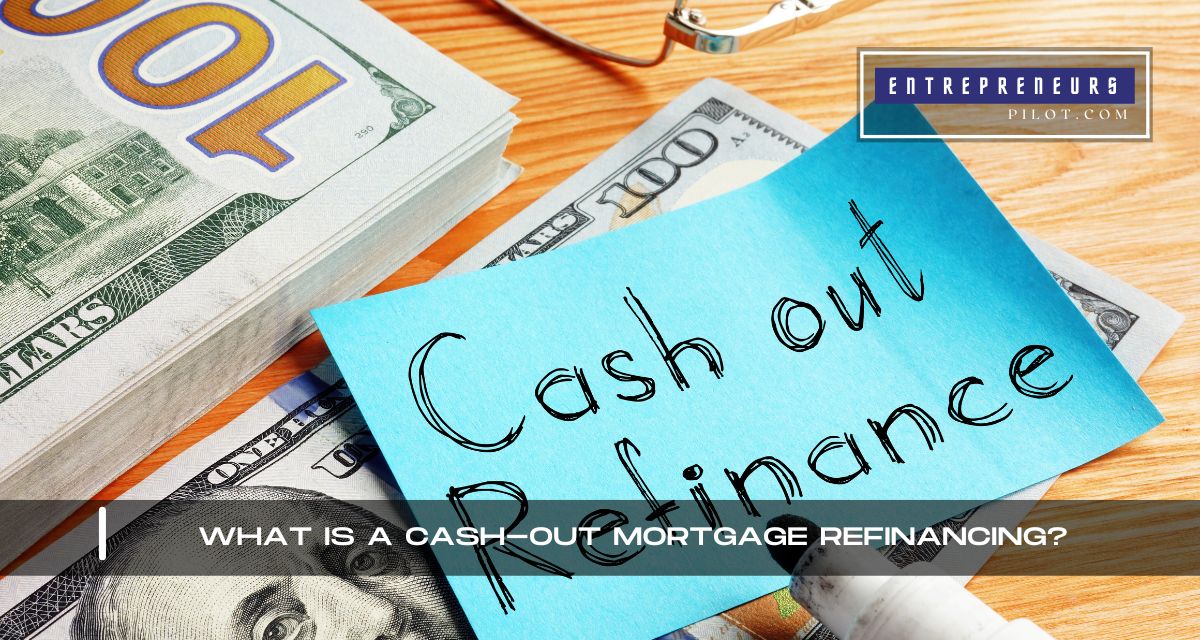What Is A Cash-Out Mortgage Refinancing? A cash-out mortgage refinancing is a type of refinancing where the homeowner takes out a new mortgage that is larger than the outstanding balance on the existing mortgage. The difference between the two loans is then paid to the homeowner in cash, hence the name “cash-out.”
- For example, let’s say a homeowner has a mortgage balance of $150,000 and wants to refinance for $200,000. After paying off the existing mortgage, the homeowner would receive $50,000 in cash.
- This cash can be used for any purpose, such as paying off high-interest debt, making home improvements, or investing in other assets.
- Cash-out refinancing is generally a more expensive option than other types of refinancing, as it involves taking out a larger loan and incurring additional costs, such as closing costs and potentially a higher interest rate.
- Additionally, it can increase the homeowner’s debt-to-income ratio, which may make it more difficult to get approved for other loans or credit in the future.
- For Expert Financial Insights And Guidance, You Can Visit Our Sister Site – ArabsGeek.com Now!
- Curiosity Piqued? Dive Into the Most Captivating Financial Content by Visiting Our Homepage!
- Unlock Exclusive Business Opportunities! 🚀 Connect with Us Now at our Email: [email protected]!
Before considering a cash-out refinancing, it is important to carefully consider the costs and benefits and determine if it is the right option for your specific financial situation.











